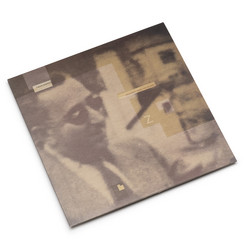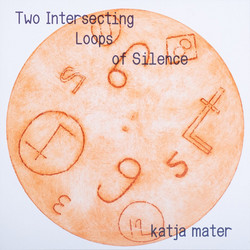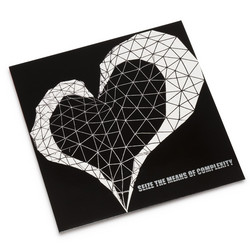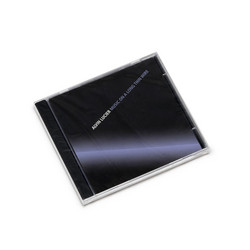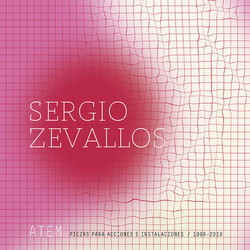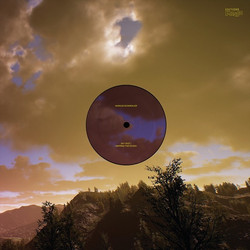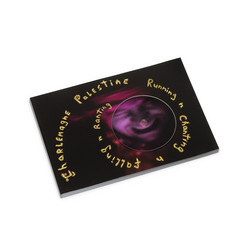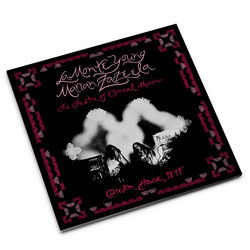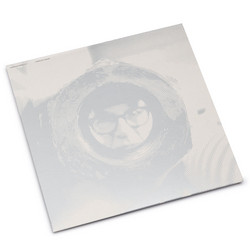** condition: M/M (still sealed) ** Original 1981 release of Petr Kotik's monumental work based on Gertrude Stein's text and performed by the S.E.M. Ensemble.
"This performance of Many Many Women begins with two bass voices singing – almost chanting, really – the beginning of the Gertrude Stein text in open parallel fifths, sounding, except for the chromatic movement of the melody, as if they were singing 12th century organum. Further in on the first side, after some intricate, dissonant interplay of flutes, clarinets, trombones, sopranos, tenors, and basses (which throughout the piece create a peaceful, organ-like sonority) there’s a wonderful brief flash of brighter sound, a sudden consonant chord that fades back quickly into the chromatic background. Still later on the same side, the flutes soar above the range they’d been in, making, as they move, throbbing, plangent, bitingly tart harmony with the other parts. On side two there’s a static passage for trombones and clarinets, which together hold a dissonant chord; pause; renew the chord with a simultaneous attack; move away from the chord; move back; are joined by the flutes; and finally are joined by the two bass voices, which begin exactly two octaves lower than the last flute notes, as if they wanted to move the rugged, unchanging sound into some kind of tonic key. On side three the music pauses for a long time on a peaceful added sixth chord, right out of Debussy or Burt Bacharach. Every repeated chord in this piece, every pause, every narrowing of the texture to a single pair of voices creates enormous suspense, because there’s no way to predict how or when the normal progress of the music will resume. The separate parts that make up the piece are carefully composed, but nothing about the way they go together is planned; it all happens by chance. This makes simultaneous attacks on a repeated chord something of a miracle; but then the point of Petr Kotik’s way of composing this piece is to create a performance process in which miraculous musical things will happen. On side eight, the two tenors somehow harmonize with two other voices to create a passionate, tonal melody against a background of dissonant turbulence; on side ten there’s a cadence straight out of a medieval motet. These may be my favorite moments; Kotik, who hears his music with as much sense of discovery as anyone else, surely has favorite moments of his own. Many Many Women is in the Cageian tradition of music that takes shape in composition and performance to some extent free from the obsessive control of its composer’s personal taste. It’s unusual, though, among works of this kind because it has the linear, contrapuntal texture of much Western classical music. And it even creates an illusion of traditional Western harmony, both consonant and dissonant: the familiar texture leads a listener to expect familiar harmonic sounds and these actually occur, but of course at random, unsettlingly (though refreshingly) unstructured by any actual harmonic direction. The sound of Many Many Women has been compared to the fourteenth century composer Guillaume de Machaut (it’s most like Machaut’s Note Dame Mass) and to Stravinsky (perhaps it’s closest to his Mass and to Cantinum Sacrum); the comparison is apt but the combination of Machaut, Stravinsky, and Cage is surely unprecedented."
